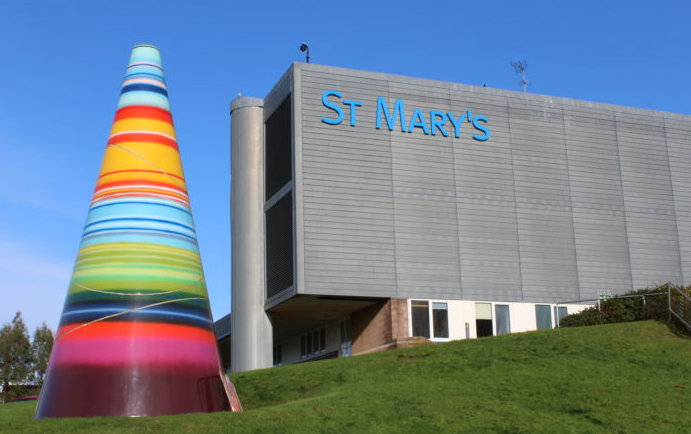
The COVID pandemic has caused diagnostic scanning on the Isle of Wight to fall behind - with fewer scans taking place and more people being added to the waiting list.
An investigation conducted by the BBC’s Shared Data Unit has found across England, during the height of the pandemic, more than four million fewer scans were carried out compared to the same period last year.
Between April and September 2019, data from NHS England showed 103 NHS trusts carried out 13.5 million scans of all types, including MRI, CT scans and ultrasounds used to diagnose cancer. In the same time period this year, just 9.1 million scans were carried out.
Some scans were paused at the height of the pandemic across the country to help slow the spread of the virus which inevitably lead to backlogs.
At the Isle of Wight NHS Trust, between April and September this year, 38,315 scans were carried out, down more than 15,000 on the same period in 2019, when 53,870 were conducted.
With fewer scans, diagnostic waiting times are starting to build up.
Each scanner had to be thoroughly cleaned after each patient with additional PPE worn, which some experts say can add an extra 30 minutes between scans.
In October 2019, only ten patients on the 1,592-patient waiting list were having to wait six or more weeks for a scan.
Data for October 2020, shows that has increased by 23 per cent, with 515 people having to wait six weeks or more for their scan. The whole waiting list as of October 2020, shows 2,162 patients.
The Isle of Wight NHS Trust has expanded diagnostic scanning capacity in the last few months, to recover services to pre-COVID levels, by installing new MRI and CT scanners.
According to statistics from the trust at the end of November, MRI scanners are restoring performance levels to a 99 per cent average, whereas the extra CT scanner is helping clear the backlog by bringing that service up to levels of 119 per cent, compared to last year.
The additional CT scanner is increasing its original capacity, going from 50 to 75 patient scans a week.
An NHS England spokesman said nationally:
“Despite rapidly rising COVID hospitalisations, CT scans are now back to the same levels as last year, while MRI scans are back up to 88 per cent compared to last October and the NHS has bolstered its diagnostic capacity by securing a deal with the independent sector to provide 34 mobile CT scanners across the country.
“At the height of the first wave, some people chose to postpone care, but since then hospital admissions have rebounded, non-urgent treatment has increased by 300 per cent between April and September and GP appointments are now operating at well above usual levels, while the NHS message to the public remains the same – come forward and get the care you need.”
By Louise Hill, Local Democracy Reporter

 Man Arrested On Suspicion Of Rape Following Meeting With Underage Girl
Man Arrested On Suspicion Of Rape Following Meeting With Underage Girl
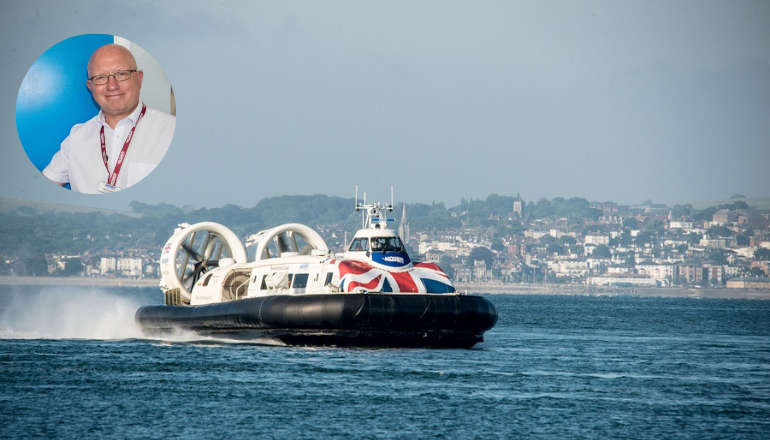 Hovertravel Boss To Step Down After 15 Years At The Helm
Hovertravel Boss To Step Down After 15 Years At The Helm
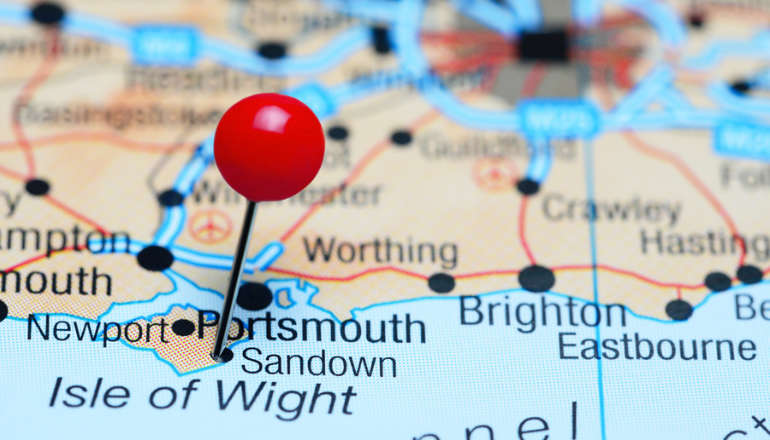 Owners Of Seaside Town 'Eyesore' Fail To Carry Out Works Despite £8,000 Fine
Owners Of Seaside Town 'Eyesore' Fail To Carry Out Works Despite £8,000 Fine
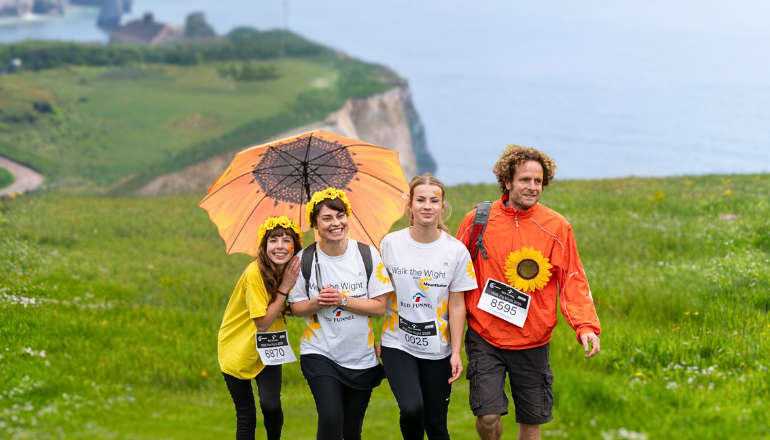 Celebrating 35 Years Of Walk The Wight: Registration Opens For 2025
Celebrating 35 Years Of Walk The Wight: Registration Opens For 2025
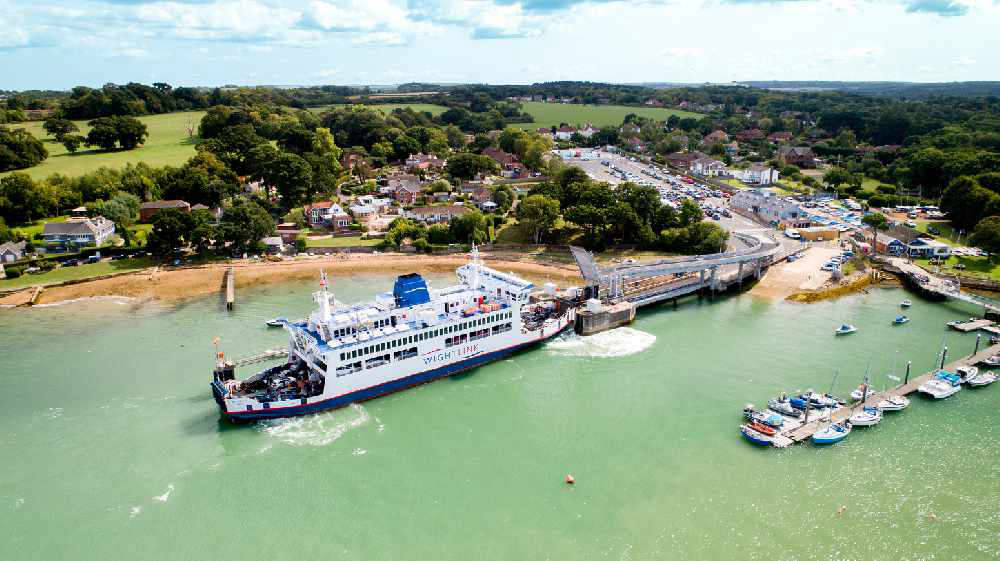 Emergency Services Called To Wightlink Ferry After 'Sudden Death' Of Man
Emergency Services Called To Wightlink Ferry After 'Sudden Death' Of Man
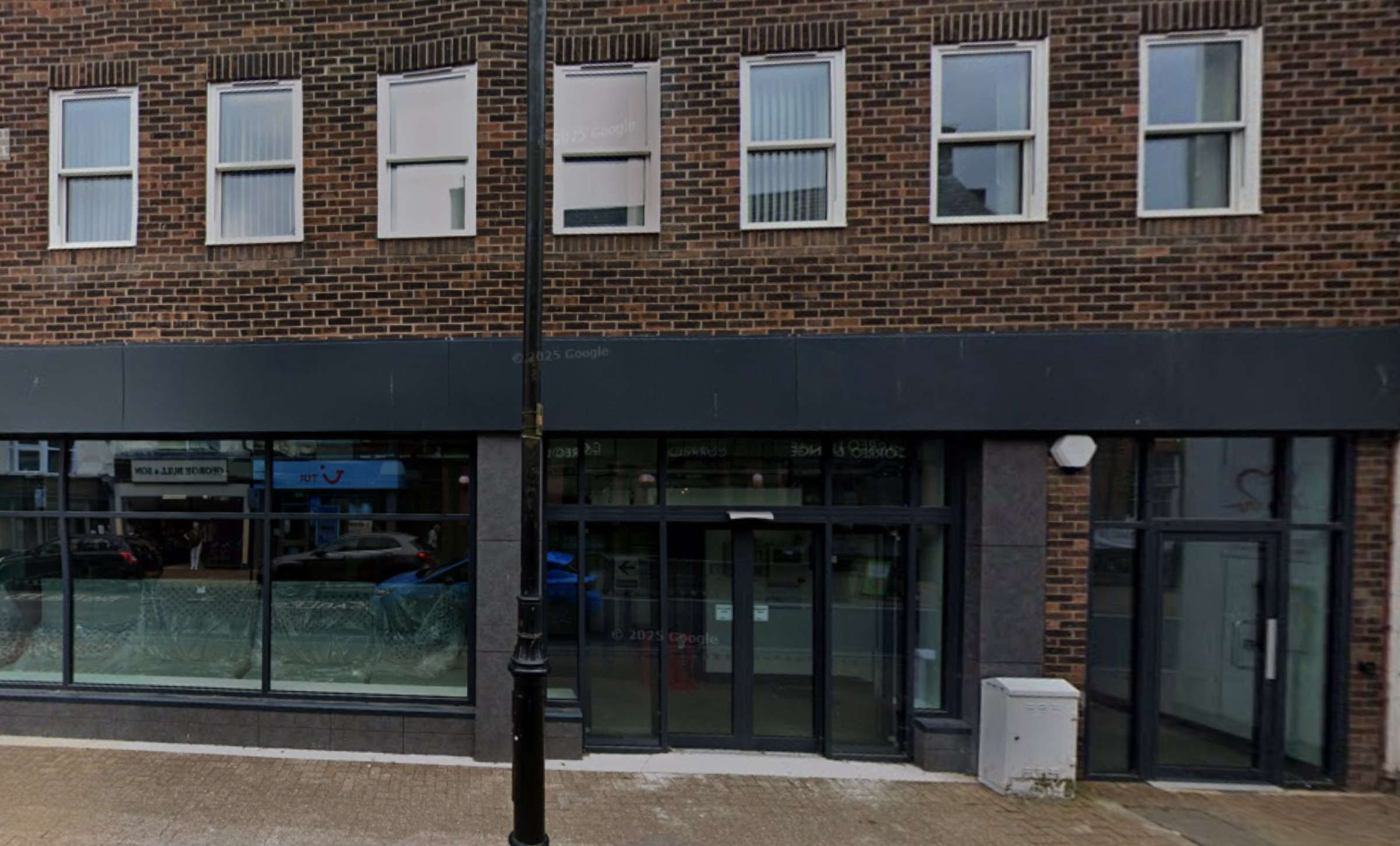 New £6.7m Mental Health Facility To Open On Newport High Street
New £6.7m Mental Health Facility To Open On Newport High Street
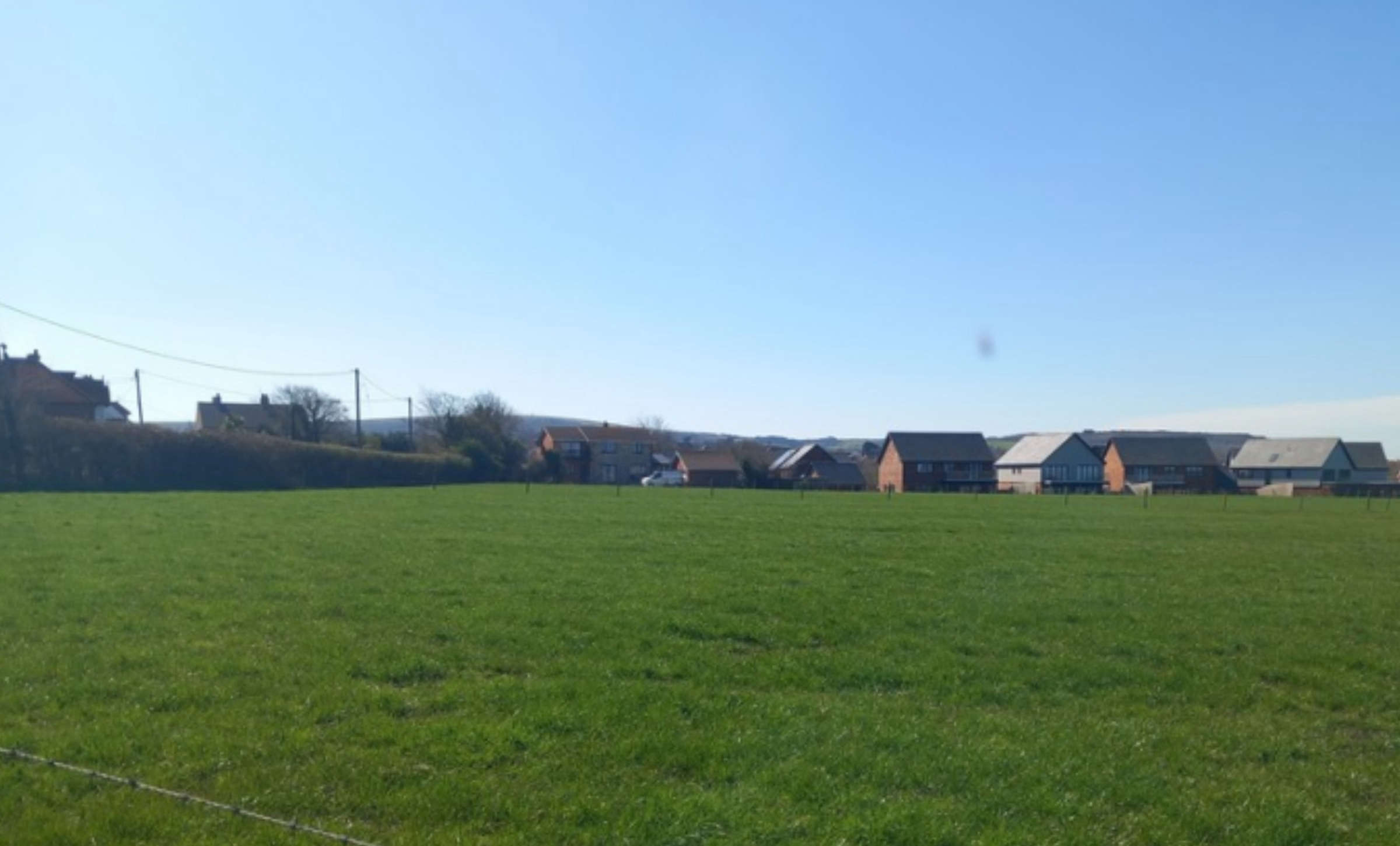 'Shocking, Misplaced And Reckless': Village Residents Hit Out At Housing Plan
'Shocking, Misplaced And Reckless': Village Residents Hit Out At Housing Plan
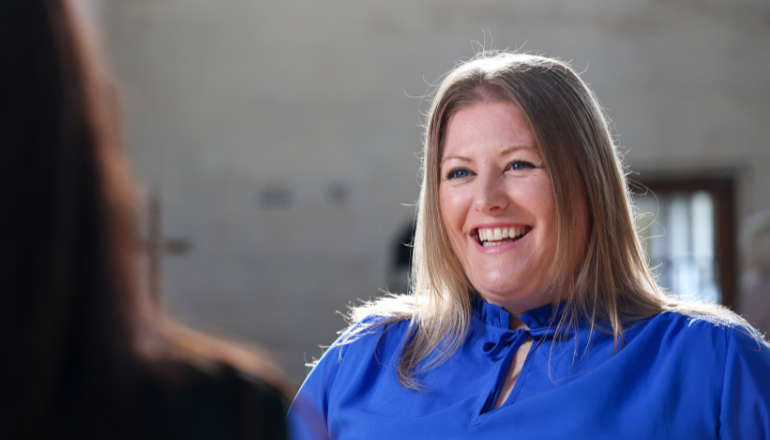 Highest Number Of Police Officers For Hampshire And Isle Of Wight Constabulary In A Decade
Highest Number Of Police Officers For Hampshire And Isle Of Wight Constabulary In A Decade
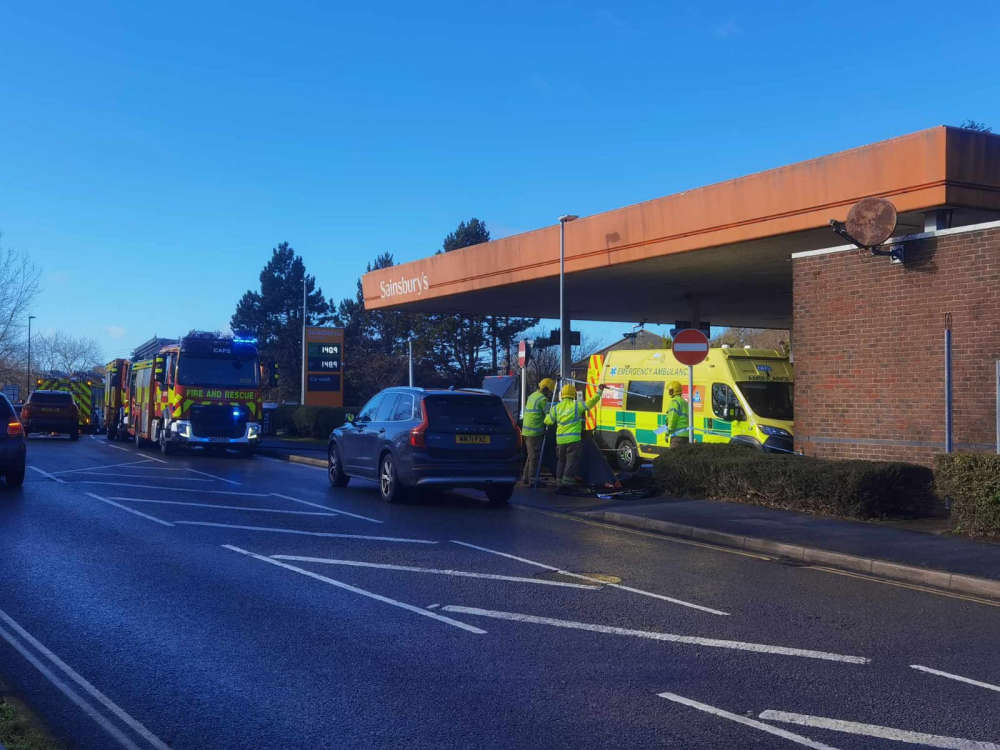 Emergency Services Called To Newport Petrol Station After Car Crashes Into Kiosk
Emergency Services Called To Newport Petrol Station After Car Crashes Into Kiosk
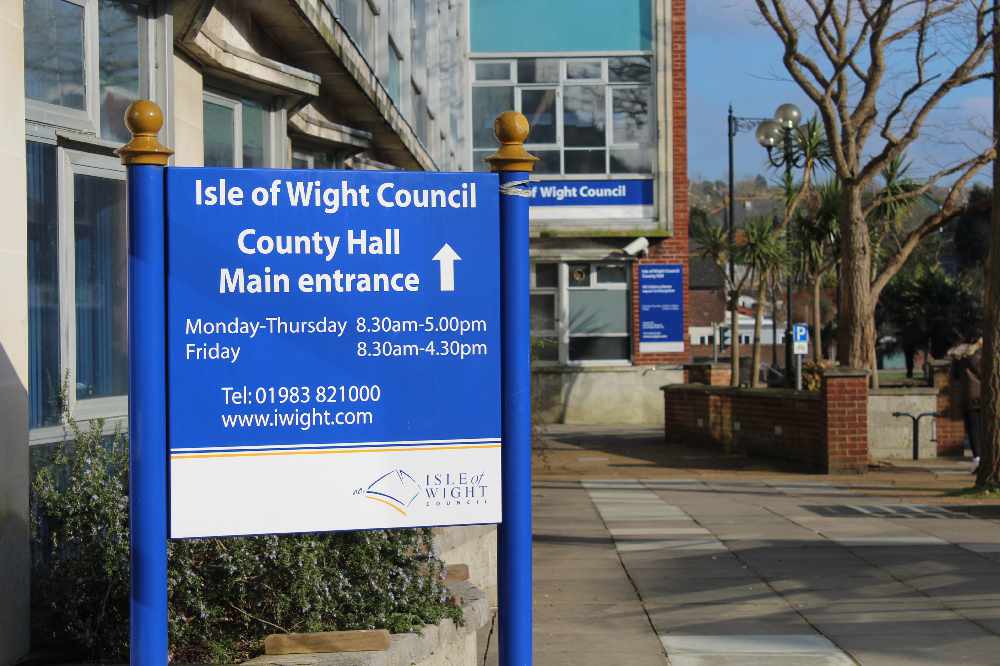 "There's Likely To Be In Excess Of 200 Redundancies": Island Trade Unionists On School Plans
"There's Likely To Be In Excess Of 200 Redundancies": Island Trade Unionists On School Plans
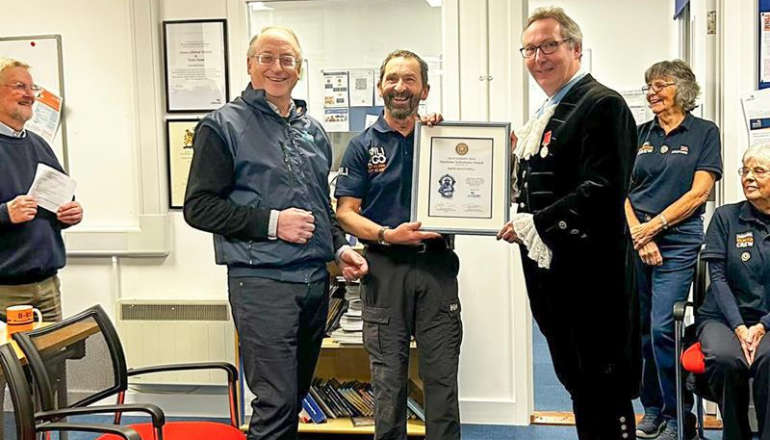 High Sheriff Presents Inaugural Maritime Volunteers Award To Cowes RNLI Station
High Sheriff Presents Inaugural Maritime Volunteers Award To Cowes RNLI Station
 Education Cabinet Member Faces Renewed Round Of Questions From Concerned Residents
Education Cabinet Member Faces Renewed Round Of Questions From Concerned Residents
 Man Jailed After burglaries Armed With Baseball Bat And Firearm
Man Jailed After burglaries Armed With Baseball Bat And Firearm
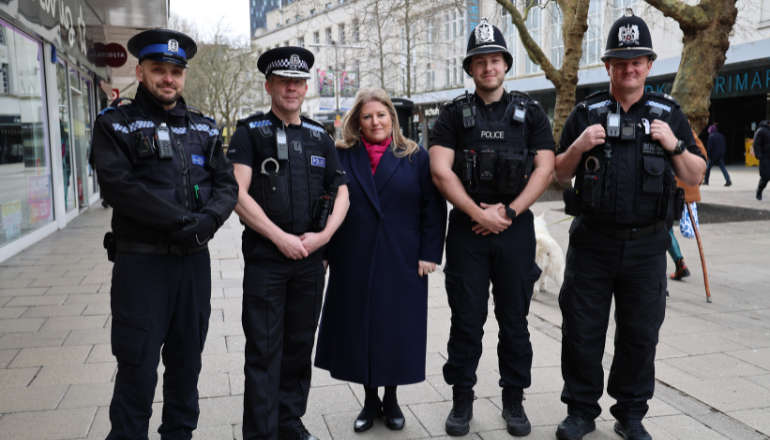 Retailers Say Hampshire & Isle Of Wight Constabulary Is Best At Responding To Retail Crime
Retailers Say Hampshire & Isle Of Wight Constabulary Is Best At Responding To Retail Crime
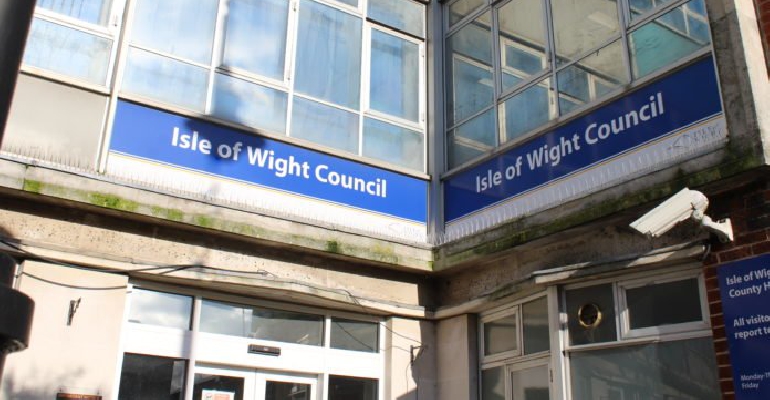 Full Council Opposes School Closure Plans In Blow To Cabinet
Full Council Opposes School Closure Plans In Blow To Cabinet
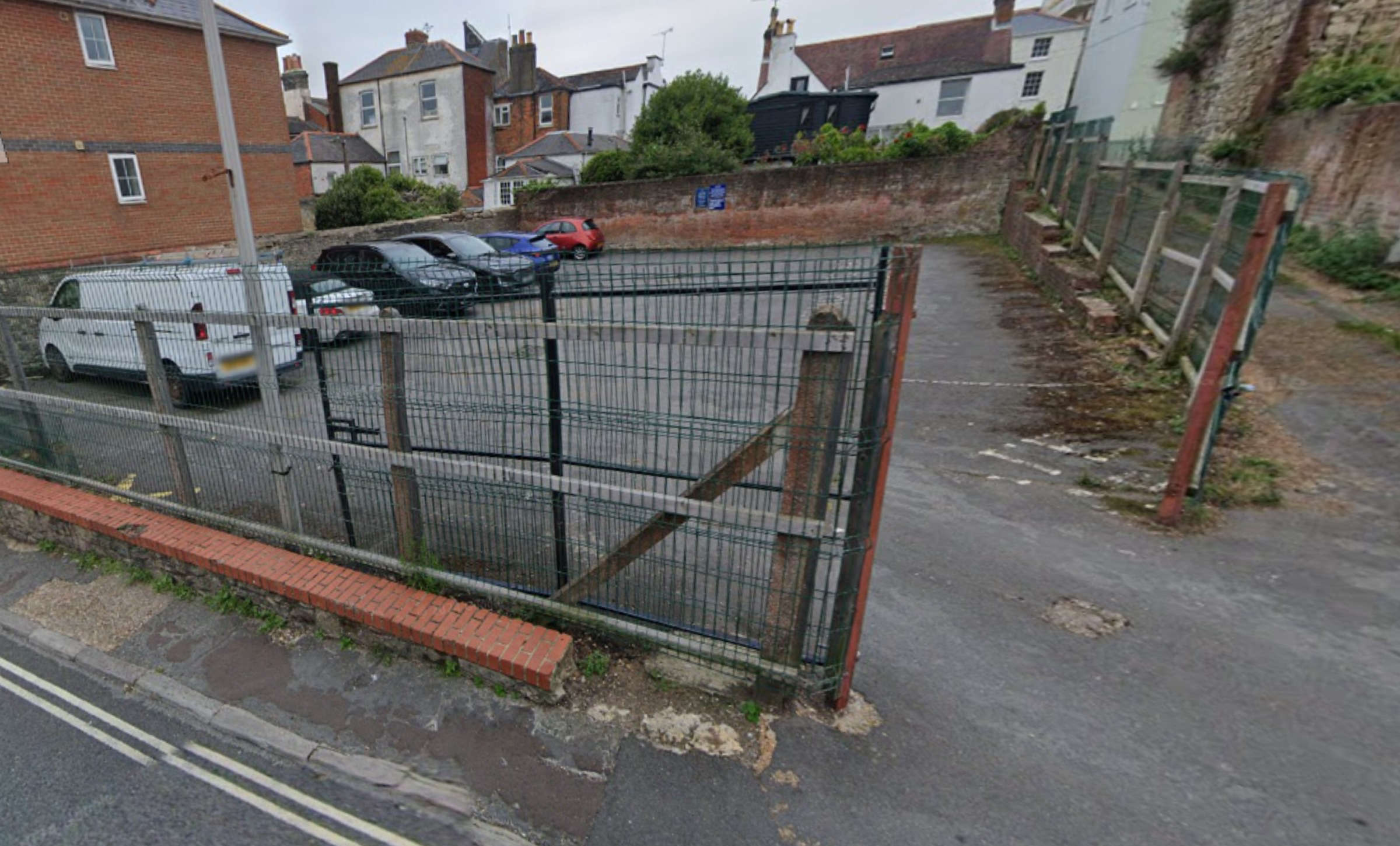 Eight Electric Vehicle Charging Bays Could Be Installed In Isle Of Wight Town Centre
Eight Electric Vehicle Charging Bays Could Be Installed In Isle Of Wight Town Centre
 New Drop-In Sessions Announced For Isle Of Wight Dementia Strategy Review
New Drop-In Sessions Announced For Isle Of Wight Dementia Strategy Review
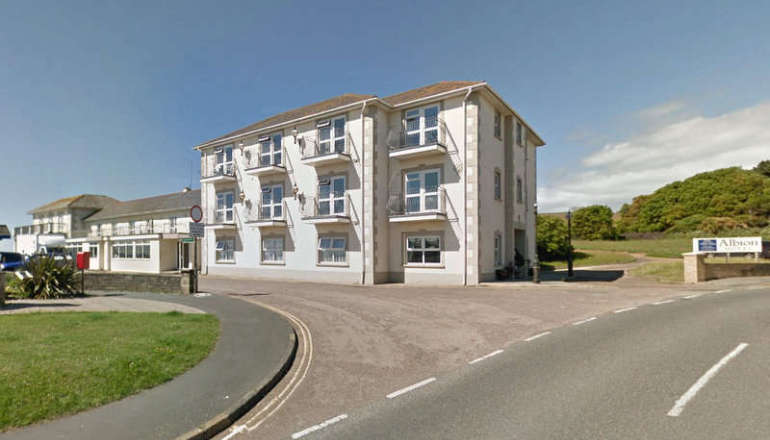 Plans To Enhance Luxury Freshwater Seafront Hotel Approved
Plans To Enhance Luxury Freshwater Seafront Hotel Approved
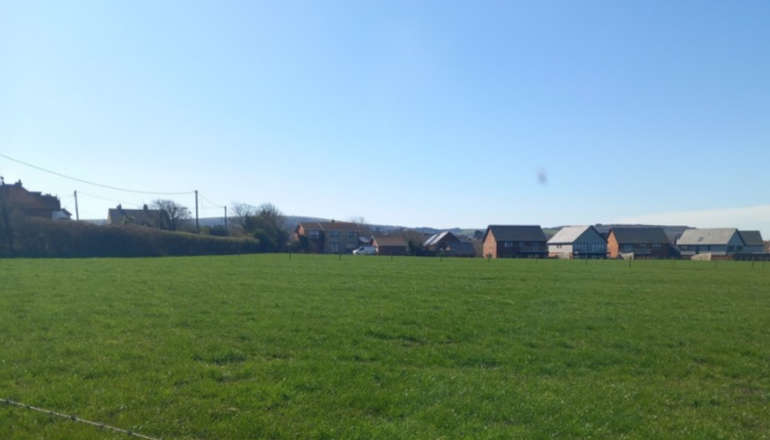 Thousands Of Pounds Of Investment Needed If Housing Development Goes
Thousands Of Pounds Of Investment Needed If Housing Development Goes


